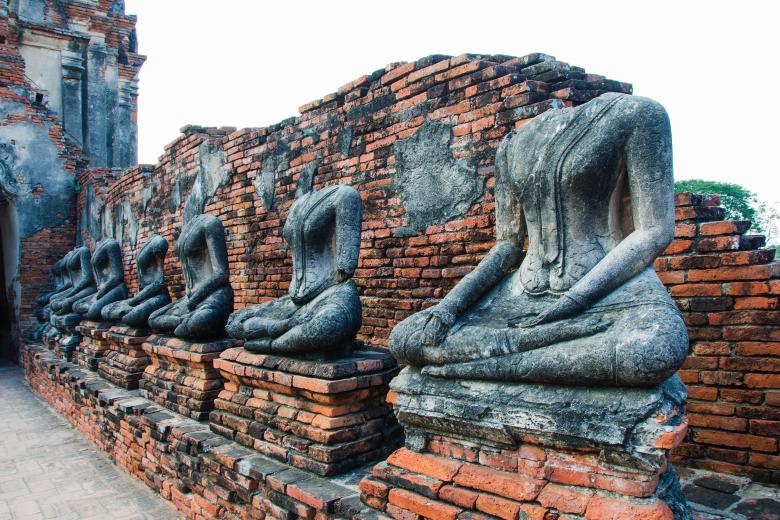On the future of colonial collections
What once was their wealth, can become a burden. Museums in Europe (may) have to consider what to do with their cultural and historical treasures from former colonies. How happy or eager are these former colonies to retrieve their treasures?
Blog series related to the annual MACCH conference on 18-19 March 2018
Museums in Europe are wondering what to do with cultural and historical treasures from former colonies. In some instances, they return a few pieces of war booty or other dubiously acquired objects to the countries of origin. Museums with colonial collections that have to close their doors (usually due to reduced visitor numbers or budget cuts) face a much bigger challenge. Closure means that they have to de-accession a complete collection in a relatively short period of time. How does one find a new destination for thousands of objects? Which legal and other hurdles have to be taken? What happens between a former coloniser and a former colony?
In the upcoming conference, Jos van Beurden answers these questions by using the example of the closure of Museum Nusantara in the Dutch city of Delft. The museum was founded in the 1860s to educate officials, who prepared for work in the Dutch East Indies. Early in 2013, the Delft municipality closed the museum and installed a project-group that was entrusted with the task of finding a new home for 18.000 objects. From the start, the idea of repatriation to Indonesia was in the air. How did Indonesia react?
-
Armed Conflicts and Global Cultural Heritage Governance
The UN Security Council has moved to protect cultural heritage in armed conflicts. Will this initiative be a successful one?

